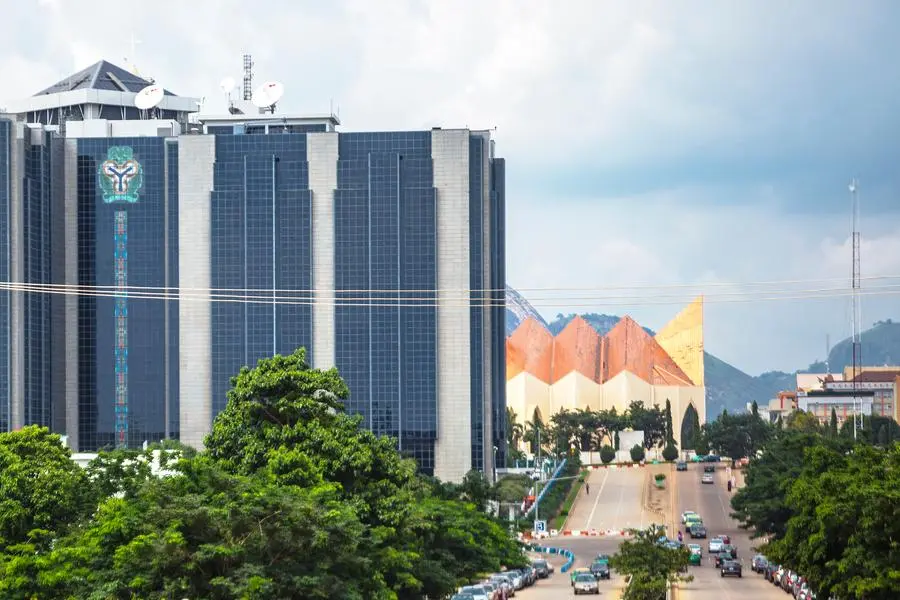PHOTO
Recent information by Enhancing Financial Innovation and Access (EFInA) has revealed that over 300 Local Government Areas (LGAs) in Nigeria remain underserved by traditional banks, highlighting a persistent financial inclusion gap. Despite strides in financial accessibility, a quarter of Nigerian adults still lack access to essential financial services it noted.
Information obtained from Efina’s X handle over the weekend observed that the gap underscores the growing role of alternative financial solutions such as Village Savings and Loans Associations (VSLAs) and cooperatives in addressing the needs of underserved communities.
These non-bank providers are crucial in reaching regions where conventional banking institutions have limited or no presence.
EFInA’s survey showed that Nigeria’s financial inclusion rate has grown from 68 percent in 2020 to 74 percent in December 2023. Formal financial inclusion also saw a significant jump, increasing from 56 percent in 2020 to 64 percent in 2023. This growth is attributed to advances in fintech and the proliferation of digital financial services.
The survey indicated that the use of financial agents has surged dramatically, with adoption rising from 4.4 percent in 2018 to 54 percent in 2023. This shift demonstrates how technology is transforming access to financial services. Mobile phone usage, for instance, has climbed to 93 percent, further facilitating the adoption of digital banking solutions.
Despite gains in the North-East and North-West regions, financial exclusion levels in these areas continue to exceed the national average. Physical access to banking services remains critical, but irregular income has emerged as a significant barrier, with 49 percent of respondents citing it as a hindrance, up from 31 percent in 2020.
The report also highlights issues such as high banking costs, fraud, poor service quality, and a lack of clarity in financial information. These factors contribute to a decline in financial health, with the proportion of financially healthy adults dropping by 12 percentage points since 2020.
As traditional banks struggle to extend their reach, non-bank financial service providers have stepped in to bridge the gap. Informal financial services, including village associations, have grown by 39 percent since 2020. The Southeast region has seen the largest increase in the use of these associations, reflecting their importance in meeting community needs.
EFInA’s findings also show an increase in the use of savings, remittances, credit, and insurance services, signifying deeper financial inclusion. Savings rose by 2 percent, remittances by percent, and credit by 4 percent over the past three years.
The Central Bank of Nigeria (CBN) has set ambitious financial inclusion targets, aiming for 95 percent of adults to have access to financial services by the end of 2024. While progress has been made, achieving this goal will require addressing the underlying barriers to inclusion.
Experts stress the importance of innovative solutions and trust-building efforts by financial service providers. Expanding financial literacy and creating more affordable products tailored to the unique needs of underserved communities are crucial steps.
“Nigerians continue to rely on physical coping mechanisms such as additional work or cutting back on expenses to manage financial challenges,” EFInA noted. The reliance on informal mechanisms underscores the need for more trusted and reliable formal financial options.
Stakeholders believe that Nigeria’s financial inclusion landscape has evolved significantly, but substantial gaps remain. With one in four adults still financially excluded and over 300 LGAs underserved, the country must prioritise innovative, inclusive solutions to ensure no one is left behind.
By addressing these challenges and leveraging the growing role of non-bank providers, Nigeria can move closer to achieving its financial inclusion targets, fostering economic growth and improving the livelihoods of millions.
Copyright © 2022 Nigerian Tribune Provided by SyndiGate Media Inc. (Syndigate.info).




















